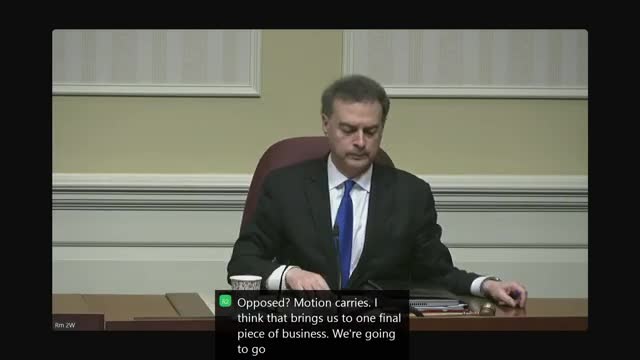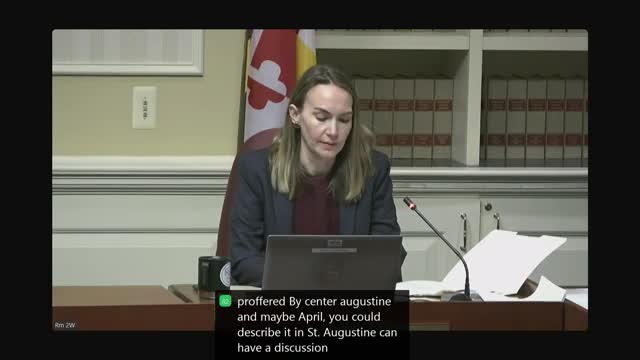Article not found
This article is no longer available. But don't worry—we've gathered other articles that discuss the same topic.

Committee concurs with House changes to allow certain parallel transmission lines in designated wildlands with strict conditions

Committee narrows Housing Development Act, removes automatic vesting and creates time-limited HOME commission

